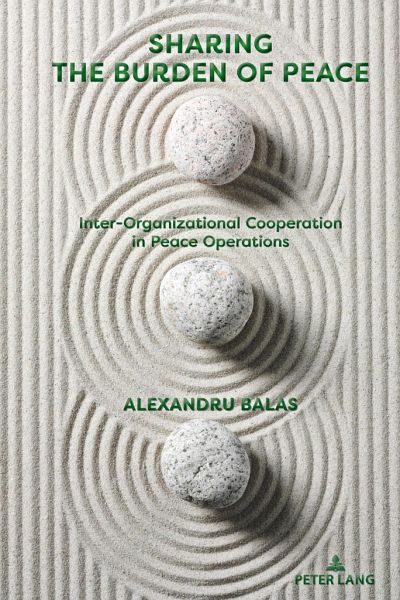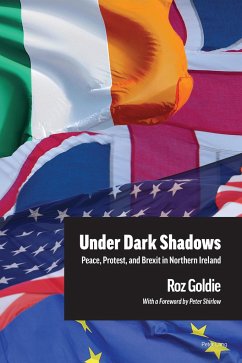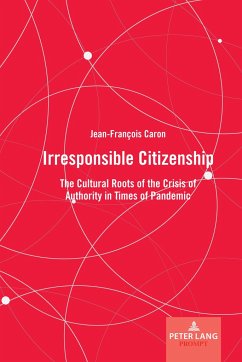
Sharing the Burden of Peace
Inter-Organizational Cooperation in Peace Operations
Versandkostenfrei!
Versandfertig in 6-10 Tagen
91,55 €
inkl. MwSt.
Weitere Ausgaben:

PAYBACK Punkte
0 °P sammeln!
Most peace operations (60%) were deployed in conflicts in which other international organizations' peace operations were active at the same time. Multiple simultaneous peace operations increased from around 10% of all peace operations in 1992 to almost 60% of all peace operations. The author defines two or more peace operations deployed by international organizations at the same time, in the same conflicts as multiple simultaneous peace operations (MSPOs). We have little understanding of why we observe international organizations (IOs) deployed at the same time, in the same conflicts, and incr...
Most peace operations (60%) were deployed in conflicts in which other international organizations' peace operations were active at the same time. Multiple simultaneous peace operations increased from around 10% of all peace operations in 1992 to almost 60% of all peace operations. The author defines two or more peace operations deployed by international organizations at the same time, in the same conflicts as multiple simultaneous peace operations (MSPOs). We have little understanding of why we observe international organizations (IOs) deployed at the same time, in the same conflicts, and increasingly cooperating with each other to address these conflicts. This book asks the question: What factors determine cooperation between international organizations in peace operations? The author tests several rational and social constructivist explanations introducing an innovative collective principals-multiple agents framework. There are three rational-interest explanations for inter-organizational cooperation tested (resources, complementarity, and conflict complexity) and three social-constructivist explanations (social learning, security cultures similarity, and personnel nationality similarity). The research design is a multi-method approach, using statistical analysis from the author's new datasets on multiple simultaneous peace operations, data from interviews with EU officials, and case studies. There are two stages for the initiation of inter-organizational cooperation: the member-states' acquiescence and the international organizations' cooperation. At the first stage of cooperation, member-states are acquiescent to inter-organizational cooperation. At the second stage, the findings show that international organizations cooperate because they want to share the financial and human resources costs, and second, because they want to complement each other's work.














